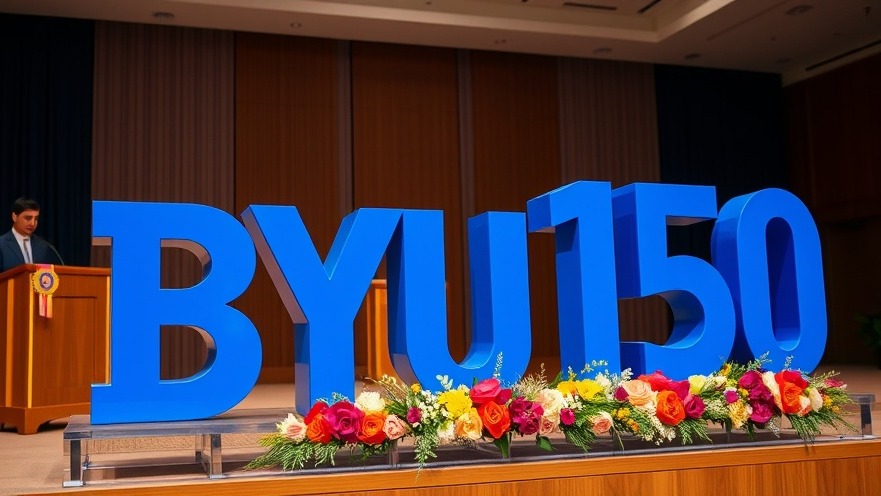
The Shift in Missouri's Political Landscape
In a significant move that could reshape the political dynamics in Missouri, the state’s House of Representatives is set to vote on new congressional boundaries that may tilt the scales further in favor of Republicans. This push, spearheaded by the Republican majority, is part of broader national efforts to redraw political maps to strengthen Republican representation ahead of the upcoming midterm elections. As both parties gather at the Missouri State Capitol, tensions are rising between Democrats and Republicans over the legality and ethics of such a mid-cycle redistricting.
Understanding Redistricting
Redistricting, the process of redrawing electoral district boundaries, typically occurs every decade following the census. It is designed to reflect changes in population and demographic shifts. However, politicians often take advantage of this procedure to gain electoral advantages, a practice known as gerrymandering. The current proposal would notably affect a congressional seat in Kansas City, historically held by Democrat Emanuel Cleaver, raising questions about the intentions behind the new map. Lawmakers argue that updating the map now is essential to address contemporary realities and changing populations, while critics decry it as an underhanded attempt to secure Republican victories.
Reactions and Ramifications
Democrats vehemently oppose the proposed map, describing it as a “brazen” move designed to undermine the electoral voice of Missouri constituents. Representative Kem Smith emphasized the concern that such actions would contribute to a national pattern of suppressing fair representation. In contrast, Republican representatives like Dirk Deaton assert that the redistricting is within the legal authority of state assemblies, claiming it aligns with constitutional standards to serve the state's changing demographics.
Comparative Analysis with Other States
Missouri is not alone in navigating the clashes of ideology and redistricting. States across the nation have embarked on similar journeys, raising eyebrows over transparency and accountability in the electoral process. For instance, Texas and North Carolina have seen significant gerrymandering disputes that led to extensive court battles. The increasing scrutiny of redistricting practices highlights a national conversation on electoral integrity and representation. This phenomenon offers a glimpse into how local politics reflect wider national trends concerning democracy and power dynamics.
Implications for Voters
For everyday Missouri voters, the implications of this decision could reverberate through upcoming elections. If the new boundaries significantly favor Republican candidates, the electoral balance in the state might shift further towards the GOP, potentially marginalizing Democratic voices. As individuals prepare for the midterms, understanding how their districts may change is crucial for proactive engagement in the democratic process. Voters must educate themselves on their new representatives and be prepared to advocate for their rights within the reshaped electoral landscape.
Moving Forward: The Role of Policy and Activism
As Missouri residents grapple with these developments, the role of civic engagement and advocacy becomes increasingly important. Activists and citizens are encouraged to participate in local meetings, voice their opinions, and hold representatives accountable for their actions regarding redistricting. The outcome of this vote not only affects party dynamics but also shapes the civic landscape for years to come. Engaging in discussions about electoral fairness and advocating for transparent processes can empower communities to have a say in their political representation, regardless of their party affiliation.
Conclusion: Engaging in Democracy
The current situation in Missouri serves as a reminder of the intricate dance between political strategy and ethical governance. As voters approach a crucial election cycle, understanding the stakes involved in redistricting is vital. Citizens must remain informed and active in the democratic processes that affect their lives. Only through vigilance and advocacy can voters ensure that their voices are heard in a fair and representative electoral system.
 Add Element
Add Element  Add Row
Add Row 



Write A Comment